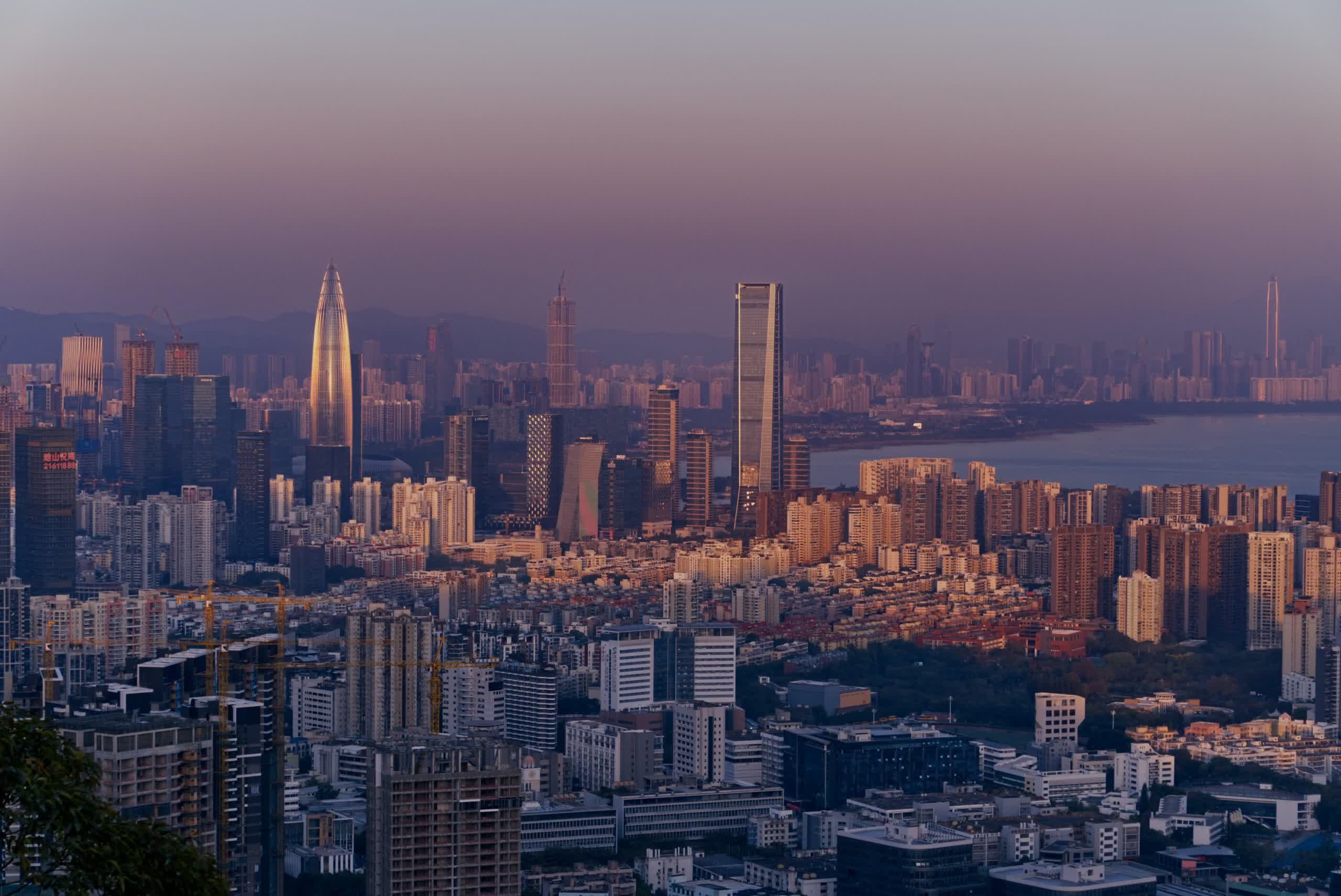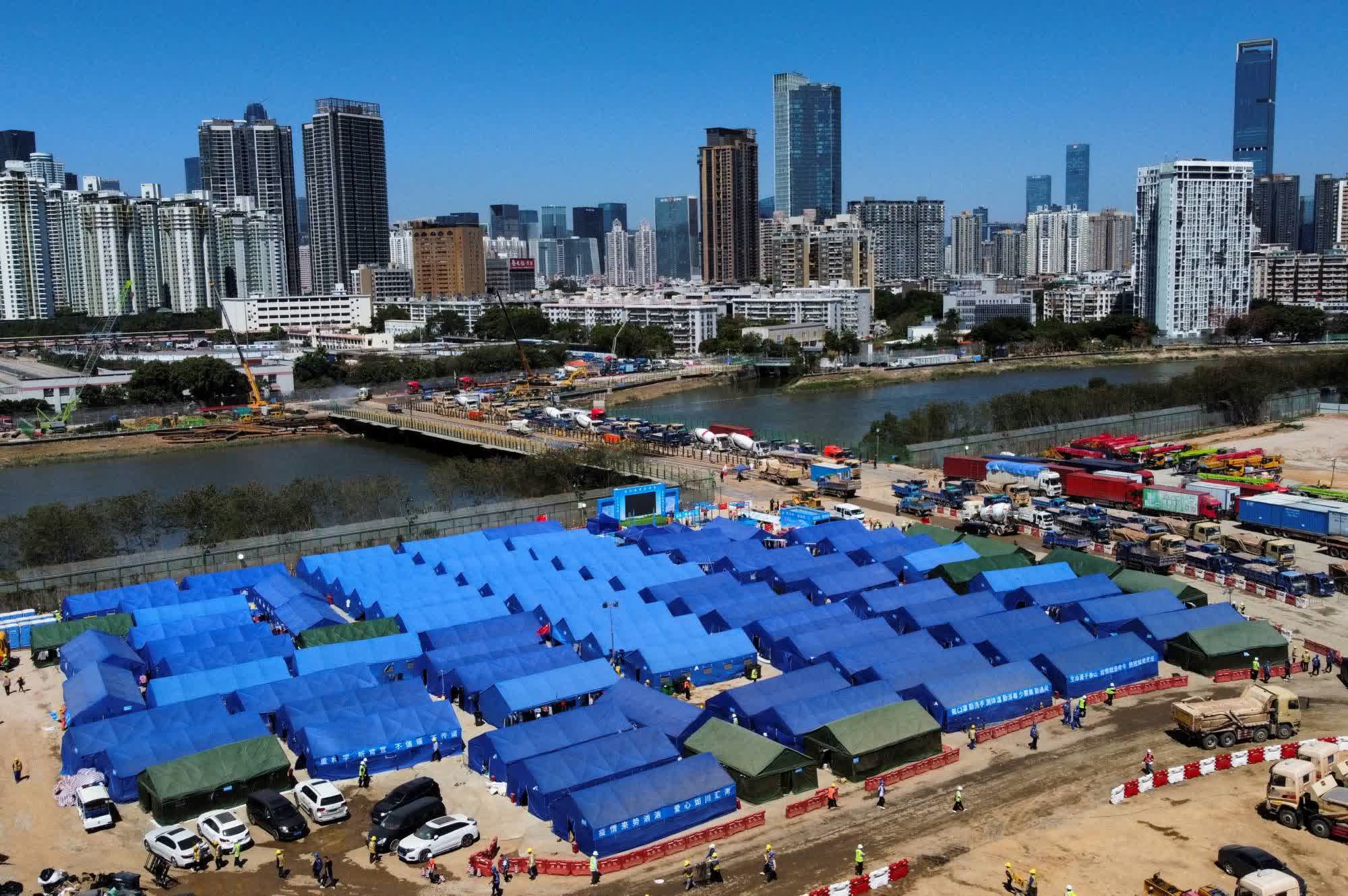In context: Lockdowns in Shanghai and Kunshan are once again testing the resilience of the tech supply chain, with several suppliers forced to suspend operations or operate in a closed loop, which isn't always feasible. That means production for iPhones, iPads, Macs, and many other consumer electronics could be affected, which has become a recurring story since the pandemic began.

Last month, China's immense Shenzhen tech hub was forced to go into lockdown due to a new outbreak of Covid-19 in the region. Millions of residents had to follow stringent stay-at-home restrictions and undergo several rounds of testing. As a result, several factories for consumer electronics and essential components had to suspend production.
Manufacturers like Foxconn managed to partially resume operations after one week by implementing a so-called "closed-loop" management process. In short, the companies establish residential facilities on-site so that employees can live on campus for the duration of the lockdown.
This week harsher restrictions were put in place in Shanghai and Kunshan, forcing manufacturers like Pegatron, Quanta, and Compal to pause their operations. Nikkei spotted signs of this development in stock exchange filings and learned that these closures were to comply with local government regulations.

Pegatron, which assembles somewhere between 20 to 30 percent of Apple's iPhones, says it is in contact with its suppliers and clients and hopes to resume production soon. Quanta, which makes MacBooks and other laptops for big brands like HP and Dell, cut back operations to a fraction of total capacity in Shanghai since the beginning of this month.
The same story applies to countless other suppliers. Notebook and iPad maker Compal Electronics has suspended its operations at its Kunshan facilities, as have printed circuit board makers Unimicron and Nan Ya PCB Corp. Closures have also impacted Bizlink, and similar companies, supplying cables and wiring harnesses for battery management systems in Tesla's cars and various Dell accessories.
Unlike Foxconn, which can redistribute production to some of its facilities in other regions, smaller suppliers depend on how quickly Chinese authorities deal with the most widespread Covid infection wave since early 2020.
All in all, this is another blow to an already struggling tech supply chain. And if that wasn't enough, the current chip shortage might last until 2024, as equipment delays make it difficult even for wafer suppliers to expand their production capacity, let alone chipmakers.
Masthead credit: Darmau Lee